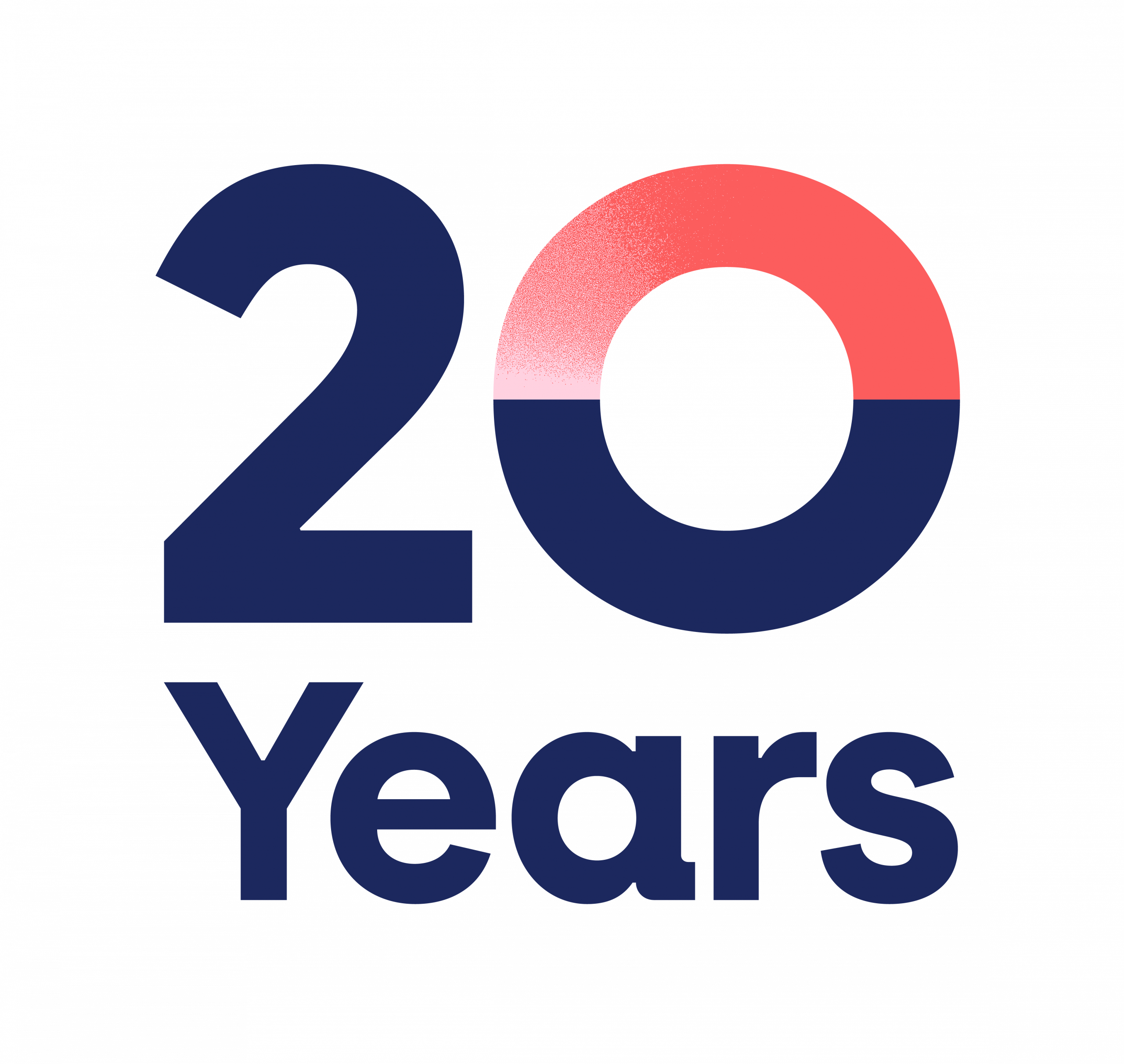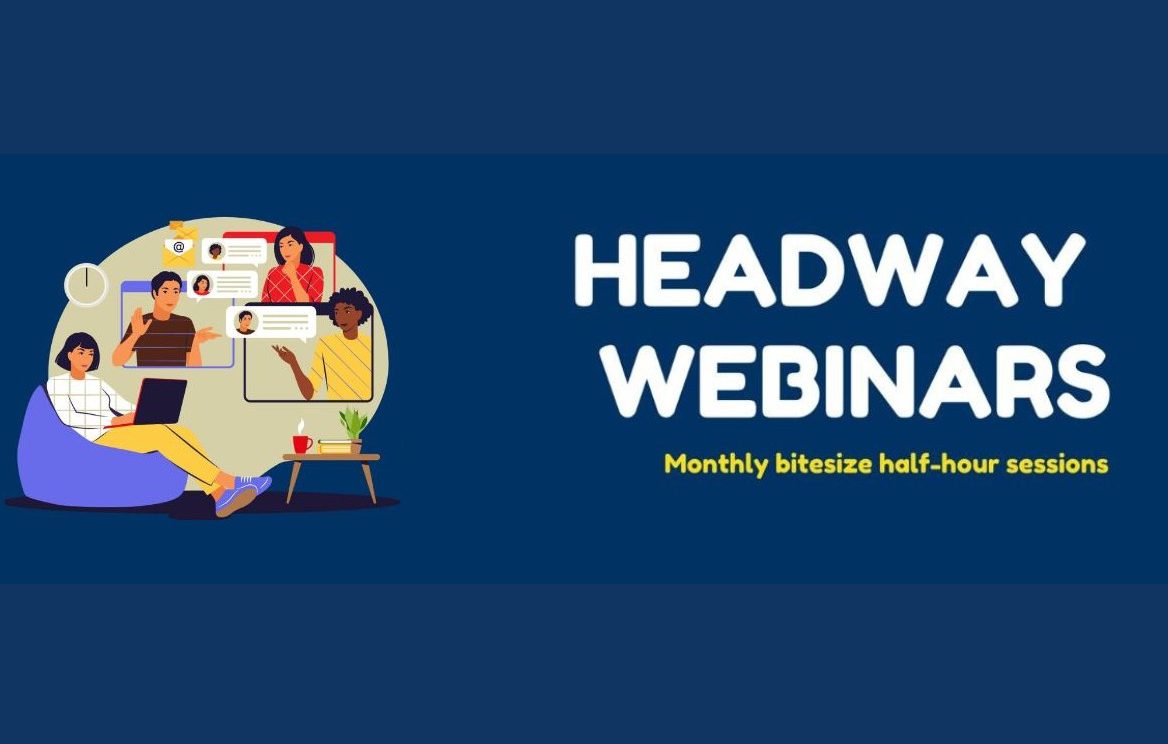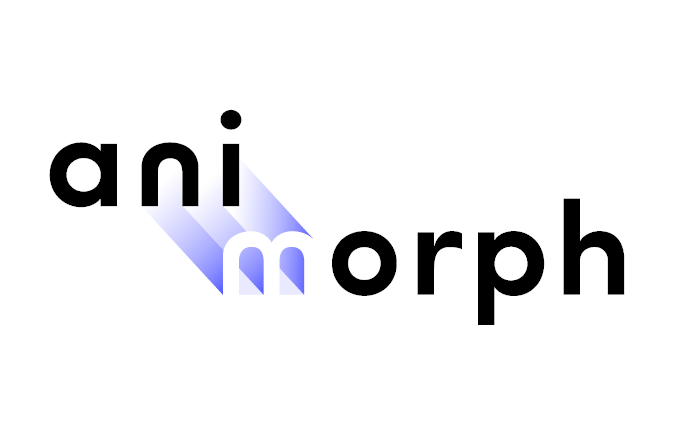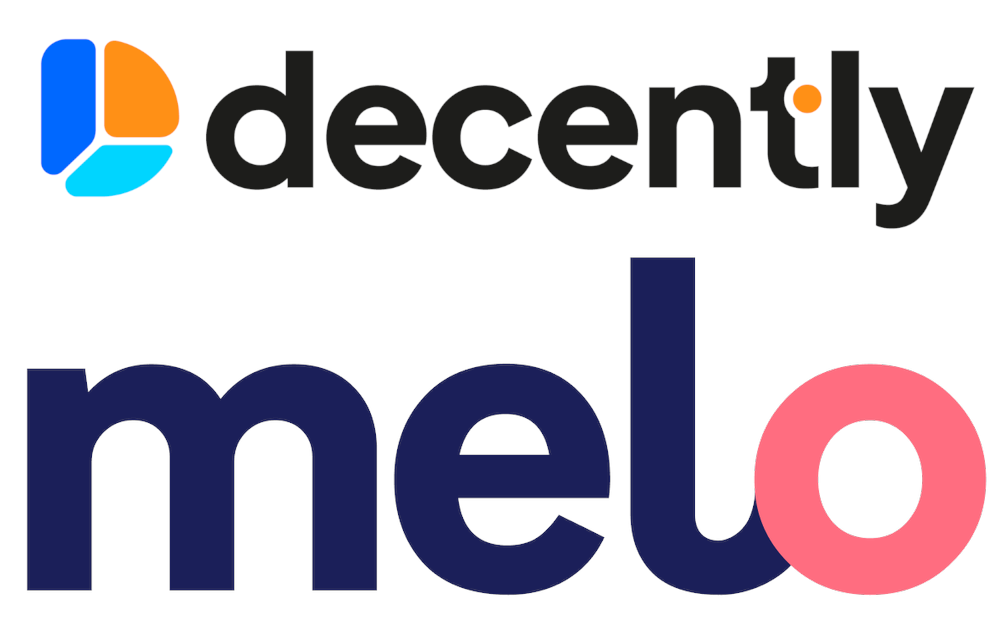Listen to James Piercy talk with Kavita Basi, VP, Author, Speaker, podcaster and Ambassador.
Kavita faced a life-changing experience after suffering a Subarachnoid Brain Haemorrhage, with a long road of recovery. During this time, her mind and body shifted, and her purpose became very clear. To make a positive difference in the industry, be a role model to the next generation & help other neuro-diverse.
Kavita decided to start her own family company during Covid, which holds multiple ethical fashion brands, including Ration.L and Reflexone, built around the United Nations Sustainable Development Goals & now BCorp certified. She is also an Author, Speaker, podcaster and Ambassador for 3 amazing neuro charities – The Bee Foundation, Brain & Spine Foundation, and Same you Org.
Her book ‘Room 23 Surviving a Brain haemorrhage’ is a finalist for international book awards, and her other publication ’23 Ways to a Happier Life’ shares her story and how to produce ethical fashion, educating others through YouTube, social media & podcasting.
Learn more about Kavita’s work by clicking the links below.
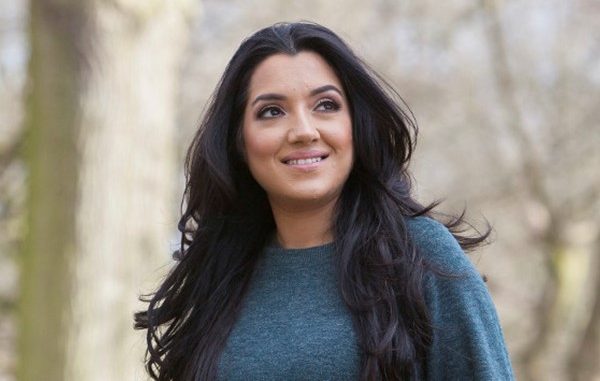
| James (0:09) | Welcome to another of these podcasts from the HealthTech Research Centre in Brain and Spinal Injury. I've been chatting to doctors and researchers and innovators and patients and carers. And I'm joined today by Kavita Basi, who is one of the members of the Public Oversight Committee.And Kavita, you are, like me, somebody who suffered a brain injury. Can you just tell us a little bit about what happened to you? |
| Kavita (0:34) | Hi, James. Thank you for having me on. And yeah, it was 10 years ago now that I suffered a subarachnoid brain hemorrhage, which was, it came out of the blue. It really did. And it was something that completely changed my life.I was, it was a normal day at work. I came home a little bit stressful, but hey, everyone has stressful businesses. Everyone’s work is stressed sometimes. And yeah, I had a really bad headache and it lasted me all day.
That headache soon, during the night that evening that I came home, turned into as if someone had plunged a sledgehammer through my head. So I woke up screaming and it was like the quickness of the ambulance coming because my daughter, my husband had called the ambulance. And it was that quickness that actually saved my life. You know, I had, did go into hospital and I had approximately two months of four different surgeries, four brain surgeries. And on top of that, I got a shunt put inside and yeah, I came out and had to really re-learn so many basic things that we all take for granted, like walking, tuning into sounds again. I had some vision impairment in the beginning, but slowly, slowly it got better and I had a huge physical and mental shift. And yeah, I got left with a lot of other side effects, which, you know, have to live with on a daily basis now. |
| James (2:25) | Yeah. So you're in hospital for that kind of emergency treatment and surgery and you have this kind of shunt fit to drain excess fluid out.And then this much longer period of kind of slow recovery and rehabilitation. Did you have help for that? Were you an inpatient in hospital for the first part of that rehabilitation or is it just like, ‘See you later Kavita, you can let us know how you got on?’ |
| Kavita (2:49) | Not really. It was like the first of all, the hospitals were amazing. I was in the Salford Royal Hospital in Manchester. It was amazing. They have an amazing neurology unit there that really do help people, help patients.And there was a little bit of rehabilitation. I would say the physio was the only thing that I had in there. And obviously they did a lot of like tests to see if I was able to do daily tasks. I could go in and make my own cup of tea so they could see that I could do that. And they would ask me a series of questions. But it wasn't really much. I would say probably a week's worth that I was in there.
The main rehabilitation was after I came out. And I didn't really get much given to me to say that you're going to feel have all these feelings and you're going to really be so confused all the time and you're going to not be able to drive because of the noises. And, you know, there's so many things that you're just not prepared for, which is like a bit of a shame because they were so good in what they did. And yeah, a lot of that rehabilitation sort of happened afterwards. And I would definitely say my recovery for me to even start feeling normal was seven years. And that is when I started feeling normal. But for sure, I probably looked OK from the outside and people would just think that I was fine and 100% OK. But yeah, underneath there was all of that. |
| James (4:26) | When you say normal, do you mean you were comfortable kind of in your skin and feeling OK? Kavita's quite nice, I quite like her. Or do you mean you were back to what Kavita used to be or a combination of those? |
| Kavita (4:41) | I think that when I'm saying normal, that I felt that I was comfortable, confident in myself. I definitely am different! My personality's changed, I'm very much black and white, and I have a quite a short attention span. I do forget things; I've got short term memory loss. And also like the way that I handle things is it's different. Like my husband and children say to me all the time that you're so different from before, but they've also learned to adapt to be sort of around me.I think one thing that's really, really helped me is neuropsychology. And I still go to it, like I went to one yesterday, and it's 10 years on. That, doing those sessions of neuropsychology has really helped me understand the new me and also accept the new me. And it's been a huge, huge, huge help just to even go through the motions of actually what happened. |
| James (5:46) | Yeah. Yeah. And I guess it's that thing about kind of being comfortable with this identity and recognising that that's probably not quite the same as it used to be in the past.You described some of the physical symptoms that you still have. I know, like me, fatigue can be enormously difficult for you sometimes. Are there other things that really sort of affect your day to day work? I know that you're super busy all the time doing stuff, right? Are there things as a direct result of that brain injury now that make it harder for you to do your family life and your business life? |
| Kavita (6:21) | Well, the thing is, you know, I'm a businesswoman. I've always have been. I've worked, you know, 25 years in the industry that I'm in, which is, which is fashion. But I didn't want to give all that up because it's part of my identity. Like, really, it is. And that was part of what I wanted to sort of bring back as well.So, yeah, I started my own business. And but the thing is, day to day things with the challenges that I have is things like reduced concentration. So if I am on a computer for a couple of hours, I'm literally wiped out the rest of the day because the concentration that my brain has to have, which is I think they said it was going to be five times harder than a normal brain. So my brain has to use power five times harder than a normal brain. Of course, it's going to get tired. So I just get extremely exhausted.
But what I try and do is have those mini breaks during the day. And I also like I do try and sleep for an hour or two during the day so that I can then be with my family for the evening. And it's it is very different, but I'm here. I'm alive. I'm with my family. And it could have been so much more worse. So I'm very optimistic. I'm very positive. It's just my personality. So I'm just always looking at, OK, yeah, I might be a bit tired every now and again and might get exhausted and, you know, that reduced concentration. But, you know, I can be having an evening meal with my family and that's OK. So I just, really, just sort of thank, I'm so thankful and so grateful every single day. And I try and manage whatever I can. Obviously, if it gets too much, I do have to have that little reminder to say, right, you've got to take it easy. My neuropsychologist yesterday subscribed me a prescription to say, have a day on me every Wednesday, which is today, I think, have a day to do nothing or do something that you enjoy and just not the work thing. And so like I have to, like, really, really look after myself, otherwise I cannot function. And just another thing with daily tasks as well is I literally have to write everything down. So even if you're asking me a question, I like have to write it down to actually understand it in my brain. I know that some people have to do that anyway, but yeah, I have to literally write everything down. If I don't write it down, I've forgotten about it. It's gone! |
| James (9:15) | Yeah, but you are then I mean, you look incredible. You're great. You function. You're running a number of successful businesses. You've written books and you still find time to do some patient public involvement work and to try to help other people.How did you first find out that this patient involvement was even a thing? |
| Kavita (9:38) | I don't know how I came across it. It was I don't know if it was something advertised. I think at the time, (It must be five years now, I think I've been like on it) like at the time and during my recovery, all I was doing was researching areas and trying to understand what had happened to me. And with that, I could then see that there wasn't much out there, whether it was charity involvement or whether it was PPE or whether it was information that I could read up on that could help me during my recovery.I mean, I was 38. I was a young mom. And to go through a type of stroke like that is just I don't know. I don't know. I don't have words to explain it. So I thought that, OK, if I can't find anything, that means I can actually help people with what I went through.
So I started then to document by video because sometimes by writing stuff down about my own recovery. But then as I was documenting my video, I was putting them out on YouTube as well. So a few charities reached out to me when they saw my videos. And that's really how I got involved with charities. And I don't remember exactly how I got involved with the PPI element, but I think it was me seeing some sort of advertisement through the hospital that got me involved with it. And it's been rewarding to actually see how, what I'm doing does actually help and has had any effect on other people. And it's also been healing for me to be able to do that. And I think that's like one of the most important things, because it's made me grow as well as an individual. When I put out posts or if I put out a blog or if I'm, you know, even with my books, when I'm putting this information out, I get messages on a daily basis by complete strangers, but people, either patients, families, carers, relatives and friends of people that know someone who has had some type of brain injury or stroke even. And they comment and tell me how amazing it is that they can see what I'm putting out. And I don't just put out, “Oh, I'm feeling very upset today” or whatever. I put out information about exactly how I'm feeling. But then I also put out what helps me to get over that situation. So it's not just, because, you know, there’s a lot of stuff on the internet and on social media, and you don't just want to like, I don't just want to put a post out for putting it out sakes. I want to put something out that is actually going to help someone. So I'll always put three tips or something that's helped me so that people are getting something out of it. Like absolutely for sure. |
| James (13:08) | Yeah. And people really kind of value that, don't they, for that sort of lived experience.One of the nicest things I've always found, I've spent quite a lot of time talking about my brain injury and recovery. And when people just say thanks for getting it. That's really kind of powerful because here's somebody who really understands and actually probably a bit different from me and maybe the things that work for you won't work for me. But even so, you get it. You understand. And yeah, and sometimes it's quite hard to find those people, which is strange in some ways because there's millions, there's a lot of people with it, with this kind of shared experience. But making those connections is really kind of valuable.
So, Kavita, I know you do some work with the Brain and Spine Foundation. It's good to give a nod out to groups like this. How, what do they actually do? Do they run sort of support networks for people with injuries? Do they support research? What does the foundation actually really do? |
| Kavita (13:52) | So the Brain and Spine Foundation were one of those charities that reached out to me when I had the videos put out on YouTube. And basically, they are an amazing charity that has a fantastic helpline.So if you have any questions, or want some understanding, or even need help in the area that you're in for some type of GP, hospital, therapy, whatever it is that you need, you can actually call up that helpline and they will give you information and contacts and intros to that support network. And I think that is their biggest thing. Like they are just amazing at that. And I actually rang them when I first needed some therapy help. So the Brain and Spine Foundation have this amazing network of people all around the UK that can give different areas of support to neuro-patients.
Plus, they don't just support something like me, which is a brain haemorrhage survivor. They support other areas like dementia, like I'm going to have to like think of things because I do have like short term memory. So if you think of all the neuro conditions that are out there, is it something like over 180 different neuro conditions? |
| James (15:25) | I can believe that. |
| Kavita (15:24) | Something like that. But they support all the different types of conditions. And it's very rare because you'll see a charity that maybe just supports brain conditions or charity that just supports dementia or charity. You know, do you do you understand what I'm saying? They have the ability to be able to support multiple conditions, which is what makes them so great.But then on top of that, they also get a lot of funding to be able to then put out into like creative groups. Like one of my friends who's in the Brain and Spine Foundation has a creative group that she puts together and she has people, you know, doing different kind of creative stuff that helps them as well, but also keeps them involved in a group that really supports them.
And then another person that's in the Brain and Spine Foundation does a running club. So they do like lots of different things. But their main, I would say their main attribute is definitely their support network and their helpline. |
| James (16:34) | Signposting people to go to other places and yeah, so that real sort of broad range is really valuable because people don't know where to start. |
| Kavita (16:42) | No, and they connect you. And like I said, when I came out of hospital, I didn't know where to go, didn't know what to do. And a charity like that can really give you the full end to end support that you need to be able to start your recovery journey.But also if there is a relative that has someone that's gone in for condition, you can still call that helpline and say, right, I need some help with regards to this condition. I just need to understand it.
They have these leaflets that they have done to support all the different conditions that they, that they know of. And they've put these leaflets together that gives you some real insight into that condition. And if someone doesn't know anything about a brain hemorrhage or doesn't know anything about cerebral palsy or other conditions, then you can get this leaflet and it will tell you. It'll just give you like a snapshot of what kind of, what you're dealing with, basically. |
| James (17:47) | Really valuable. So you're working, you're trustee, I think, of the foundation. Do you see that as a way of sort of giving something back to the organisation that helps you? |
| Kavita (17:56) | Absolutely, because when I started, I was just an ambassador and I'm an ambassador for the Bee Foundation in Philadelphia, USA, an ambassador for Same You Org, which is the Amelia Clarke's charity. And then I was an ambassador for the Brain and Spine Foundation. And now I'm on the board of trustees. And I feel I can really, really, as my role, make such a big impact in that neuro space.And plus, I think, you know, when you have a neuro condition, not everyone comes out with being positive or have the confidence to say something. So I always feel like if you've got a voice and if you can represent those underrepresented people, then use it. And yeah, I love doing that. I love doing the meetings and listening to all the hard work that they're doing and how they are supporting that community. |
| James (18:52) | Yeah, and of course, there are many people in those communities who won't make such an amazing recovery as you have and can't have their own voice and can't speak. So I totally agree with you that those of us who can shout need to shout and kind of do what we can to support this wide network of people. |
| Kavita (19:12) | And because of that situation of what I feel that people don't have, is why I actually started my videos. And then I thought, right, these videos are only reaching a certain amount of people. What if I now use my documented information, like written information and put that into books? So that's when I thought, right, I could actually reach so many more people if I now release a book. And I just walked into the room one day to my husband and said, right, I'm going to write a book about what happened to me.And I've just walked back out every single day for 10 months. I was typing on my laptop, whether it was my lunch break or in the evening for 10 months. I just solidly just did it. I mean, it obviously had loads of grammar problems, loads of spelling mistakes. And because I have short term memory loss, I probably wrote everything down like twice, three times. But I did do it.
And then I literally sent it out. I called it Room 23, Surviving a Brain Hemorrhage. And I literally just sent it out to five publishers and I got a rejection from the first one. I got a rejection from the second one. And then my daughter said, Oh, JK Rowling had so many rejections. And then she got the deal. I'm really not in that league at all. And then the third one, I was actually staying somewhere in the Cotswolds. Me and my husband were staying for a weekend with some friends and they gave me a key and it was on a wooden block. And it said Room 23 on that wooden block. And it was so bizarre because I'd already named my book and everything. And that evening I got a call from She Writes Press in California and they said, we really love what you've done here. We really want to support you and we want to publish your book for you. So I got a publisher from the US that put that out. And Room 23 has been something of a diary, but also a toolkit, I call it. If you want to have a toolkit to help you through a neurological illness that you've had, or if you're a family or a friend or carer or anyone, then this is a real toolkit because at the back of the book, I've actually put so many references to different areas of support that you can get. And it's not just like UK, it's also USA as well. So I've put like lots of different, so it's like, it's a real good, it's a real good tool book for people. |
| James (21:49) | A really useful resource and kind of collecting stuff into one place is a valuable thing to do, isn't it? |
| Kavita (21:54) | Yeah. |
| James (21:56) | Well, Kavita, thank you ever so much for sharing your story. We'll put a bunch of links to the things that we've talked about in the podcast underneath this file. And do listen out for other conversations.We're going to be talking to other members of our public oversight committee and continue to engage with folks working in the brain and spine injury space. Kavita, thanks so much for your time. Really appreciate it. |
| Kavita (22:15) | Thank you so much. It's been an absolute pleasure and we just want to get it out there because we get it. |
More like this:
Headway webinars
Headway is running a series of webinars that are free and open to all! Anyone can sign [...]
Innovation Podcast – Animorph
Listen to James Piercy talk with Szczepan Orlins, Founder of Animorph Coop, a company that aims to [...]
Innovation Podcast – Melo
Listen to James Piercy talk to James Chapman, co-founder of Decently, about Melo and how data can [...]

